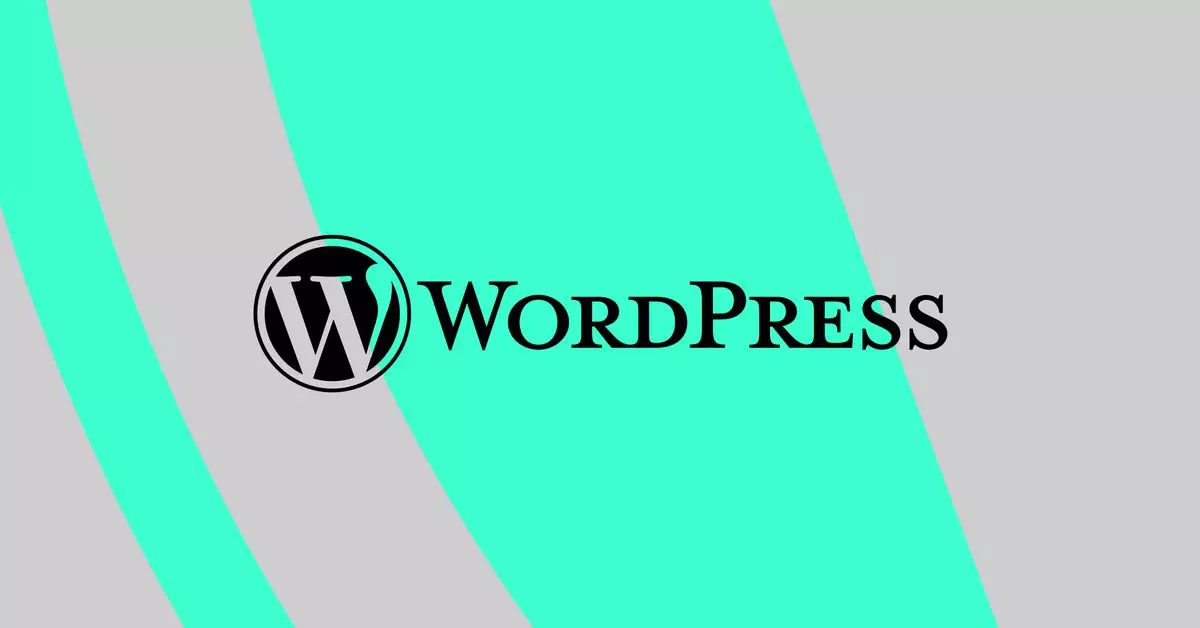In a notable development within the WordPress ecosystem, Automattic CEO and co-founder Matt Mullenweg announced the introduction of a new plugin dubbed “Secure Custom Fields,” a fork of the previously popular Advanced Custom Fields (ACF) plugin. This decision comes as a response to significant issues surrounding the ACF, particularly regarding its association with commercial upselling practices and a recently identified security flaw. Since its inception, ACF enabled developers and designers to incorporate customized fields where the standard offerings fell short, a vital feature for many WordPress users. The move to create a fork is unprecedented, especially within a community that predominantly values collaboration and open-source principles.
The announcement underscores the convoluted circumstances that led to the decision. Mullenweg hinted at a lurking security issue but deliberately left details vague, raising concerns among users about the implications of continuing to use the original ACF plugin. The matter seems to be intertwined with a legal dispute between WP Engine and Automattic, adding layers of tension to what is typically a straightforward plugin management situation. By invoking point 18 of the WordPress plugin directory guidelines, Mullenweg has set a precedent that underscores the platform’s commitment to user security and quality control.
While the WordPress community has witnessed forks before, few have manifested from a conflict of this magnitude. Historically, users have sometimes diverged from plugins that no longer met their needs, but typically these were motivated by practical usability issues rather than legal lawsuits. The situation highlights a critical inflection point: the balance between proprietary business interests and the open-source philosophy that has long been a hallmark of WordPress. Mullenweg’s assertion that such drastic measures are not likely to recur for other plugins is reassuring; however, it also signifies a potential shift in how the community views such conflicts.
Moving forward, the introduction of Secure Custom Fields may catalyze changes in the way plugin developers approach monetization and security within the WordPress ecosystem. Users may feel more inclined to seek alternative solutions if they become wary of plugins that are heavily monetized or entangled in legal disputes. Furthermore, the incident serves to remind developers of the responsibility they bear in maintaining the security and integrity of their products, particularly as they scale their offerings to larger audiences.
The forking of the ACF plugin to create Secure Custom Fields is not merely a minor version upgrade but a significant response to a complex interplay of security, commercial interests, and legal strife. By addressing these concerns head-on, the WordPress community stands at a crossroads, challenged to reinforce its foundational principles while navigating the evolving landscape of digital software development.

